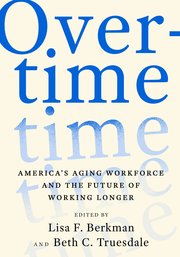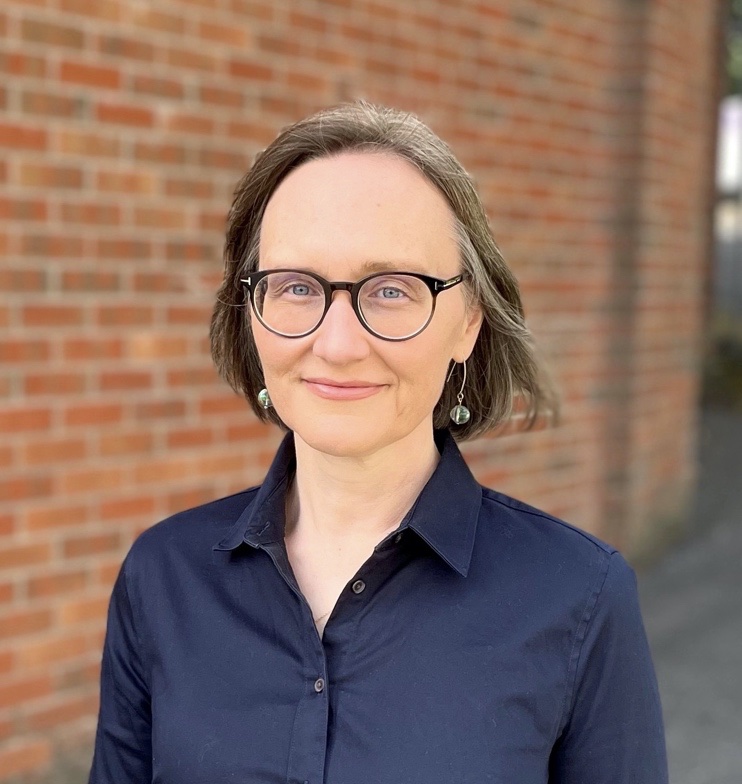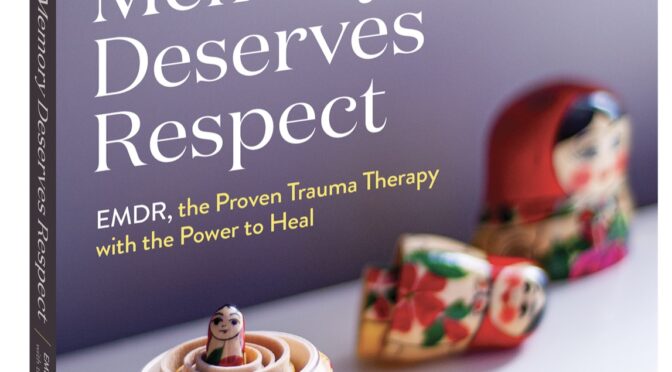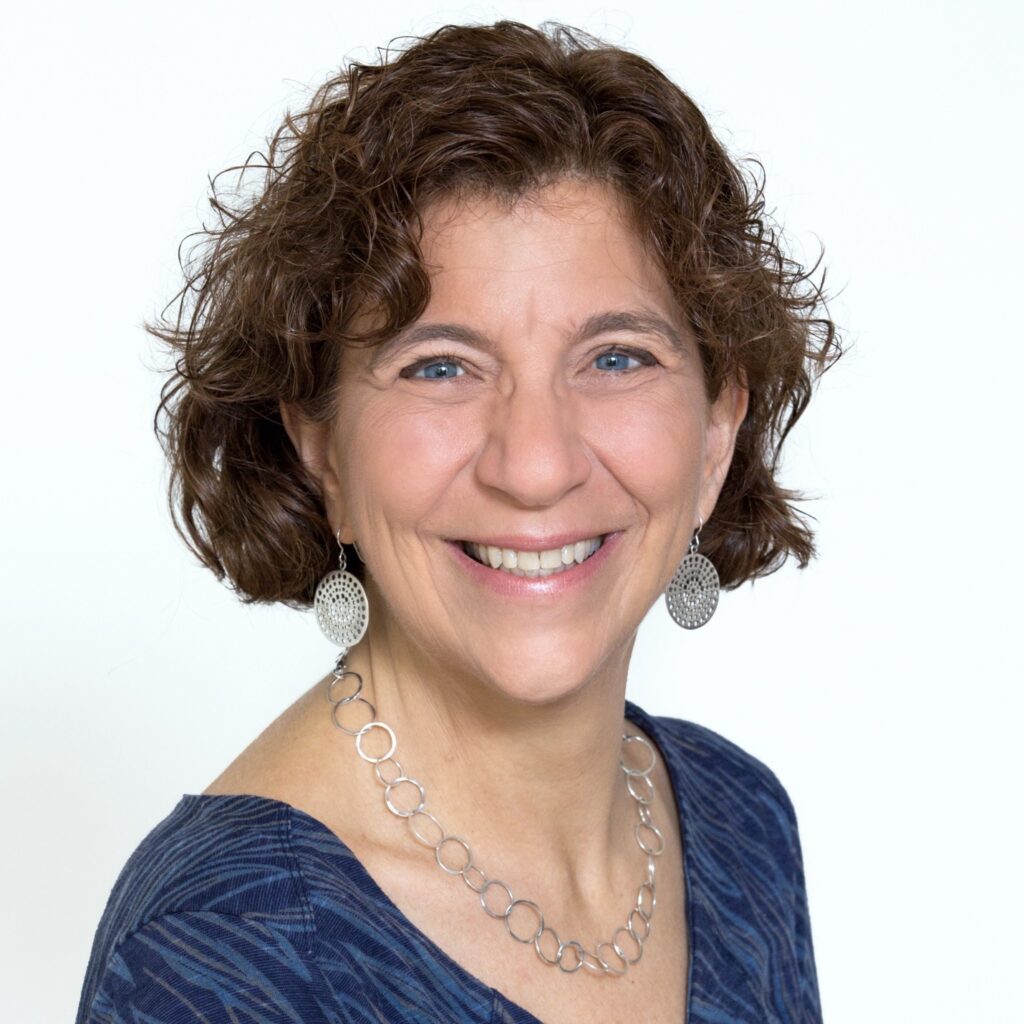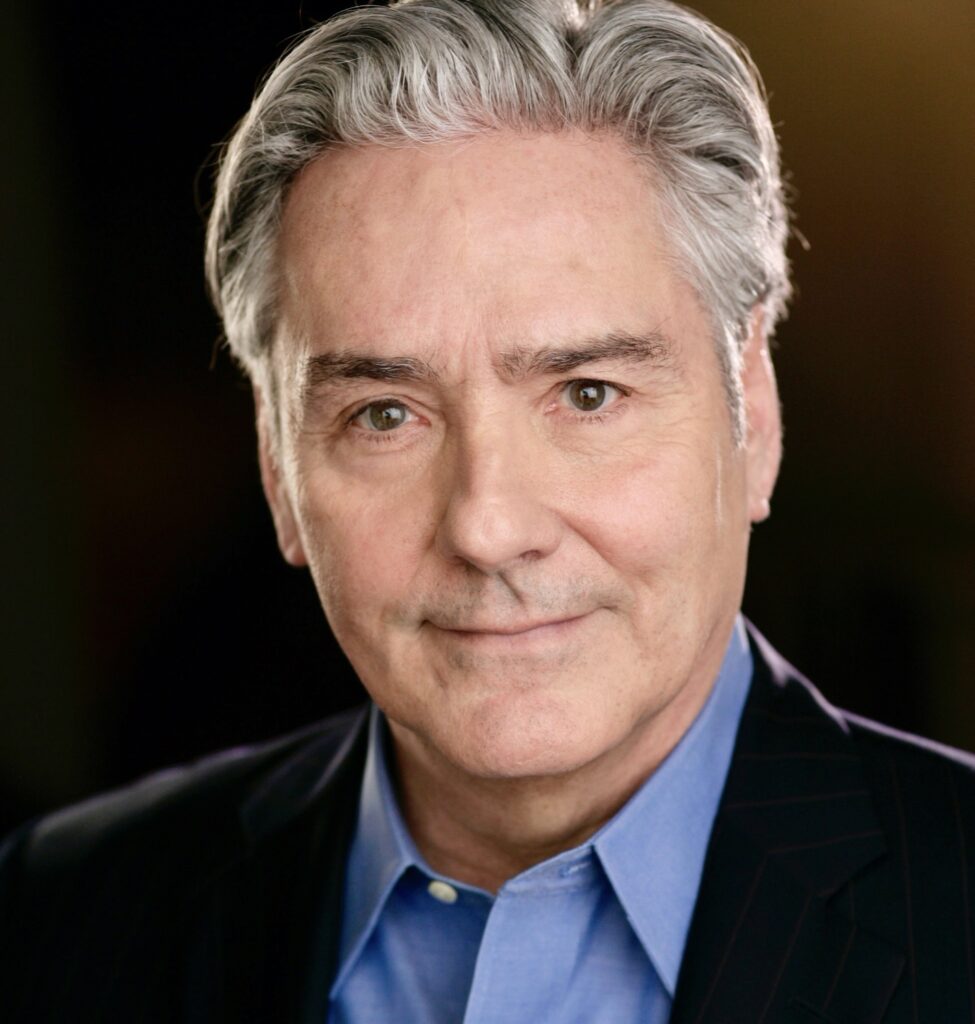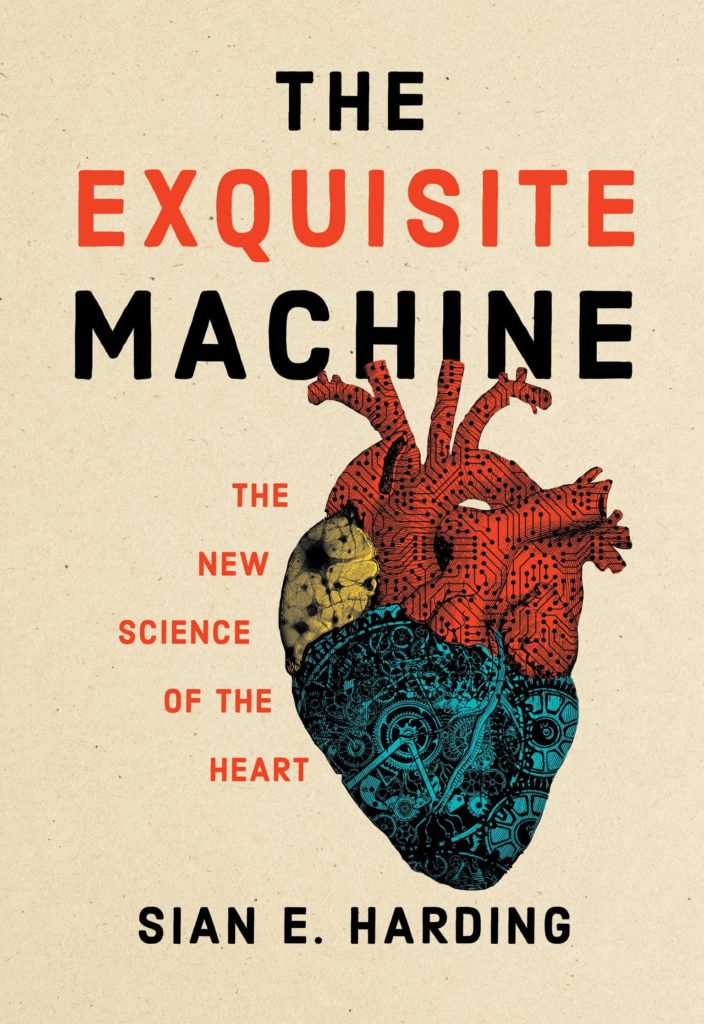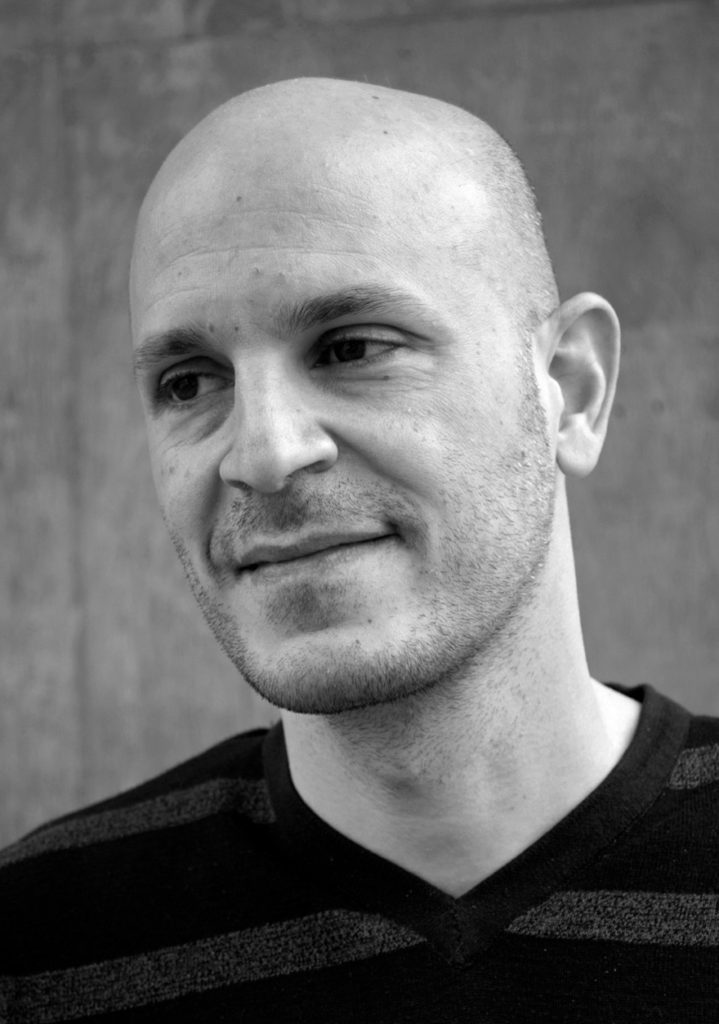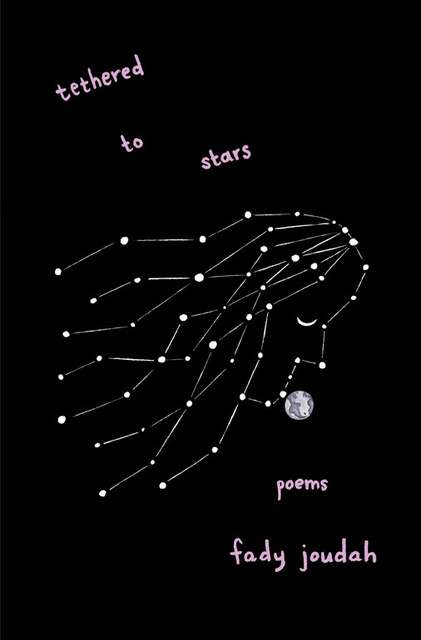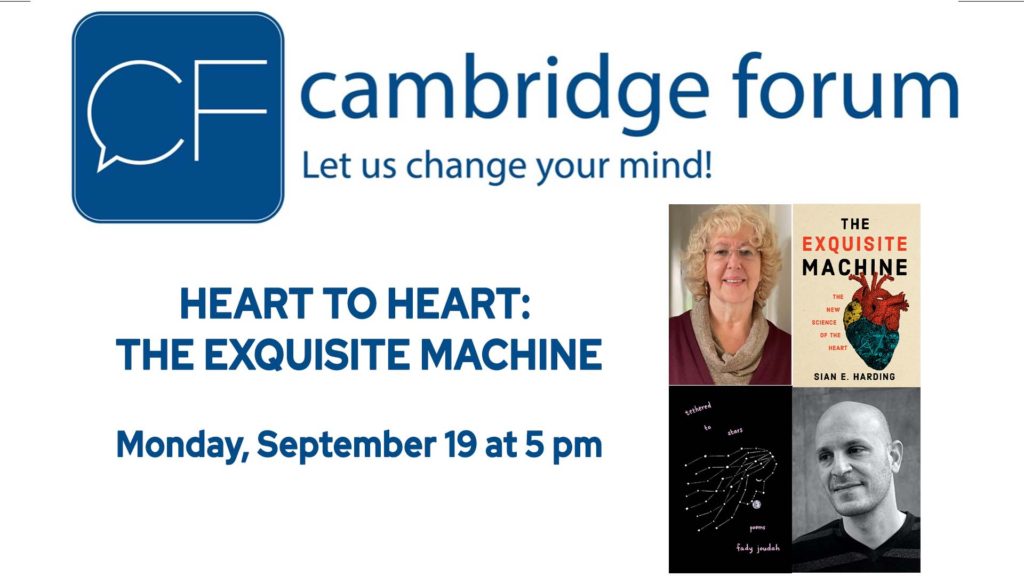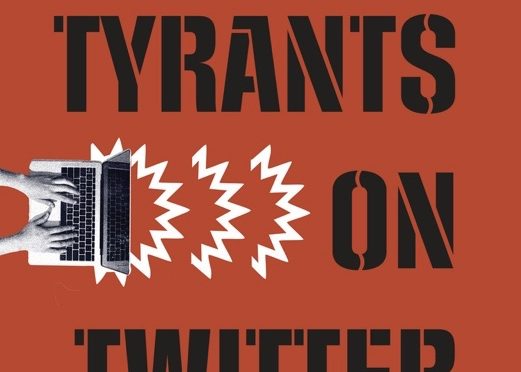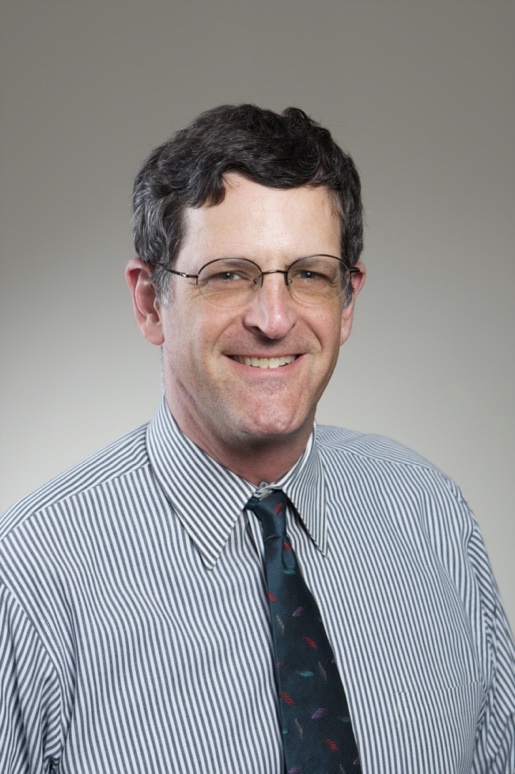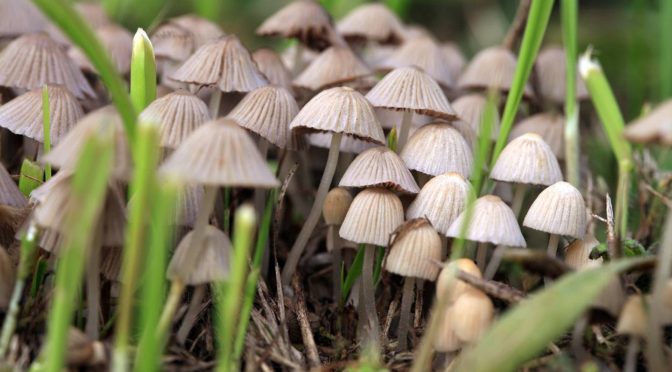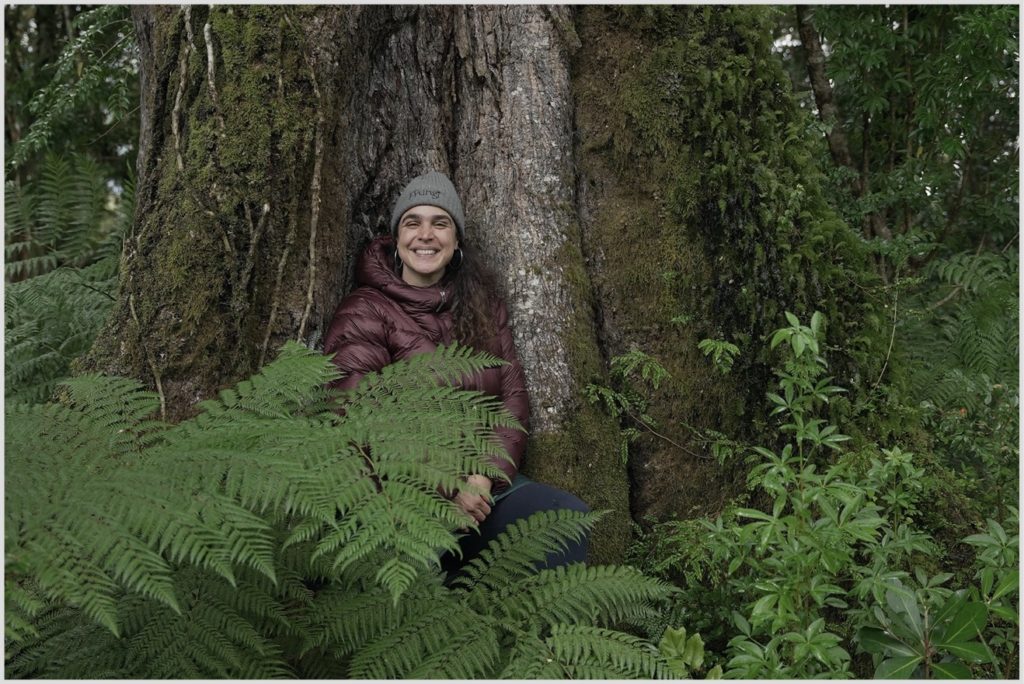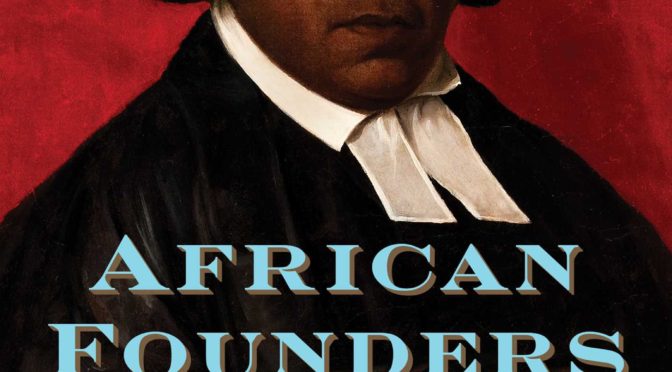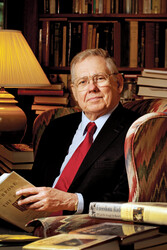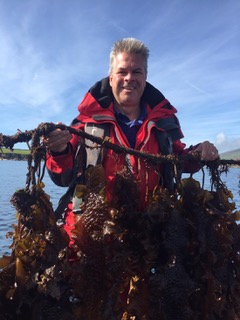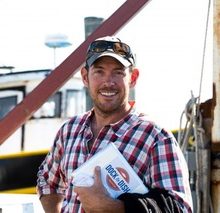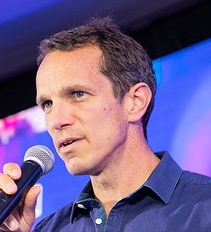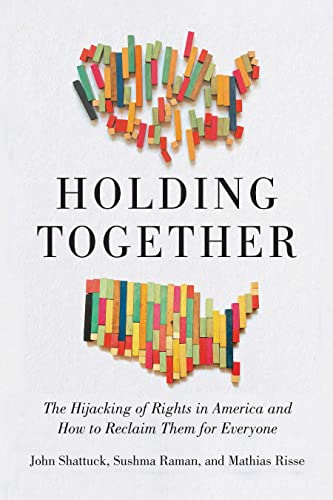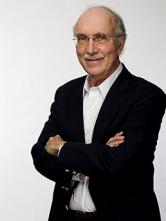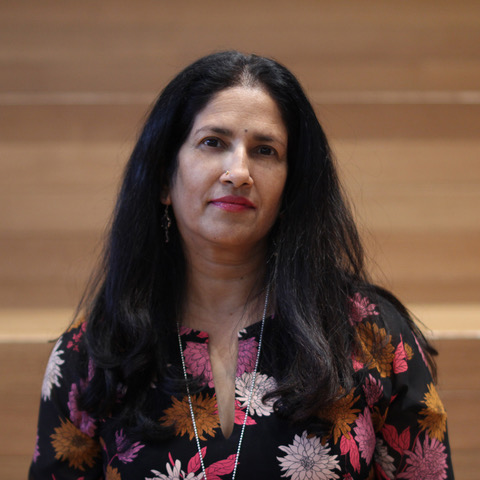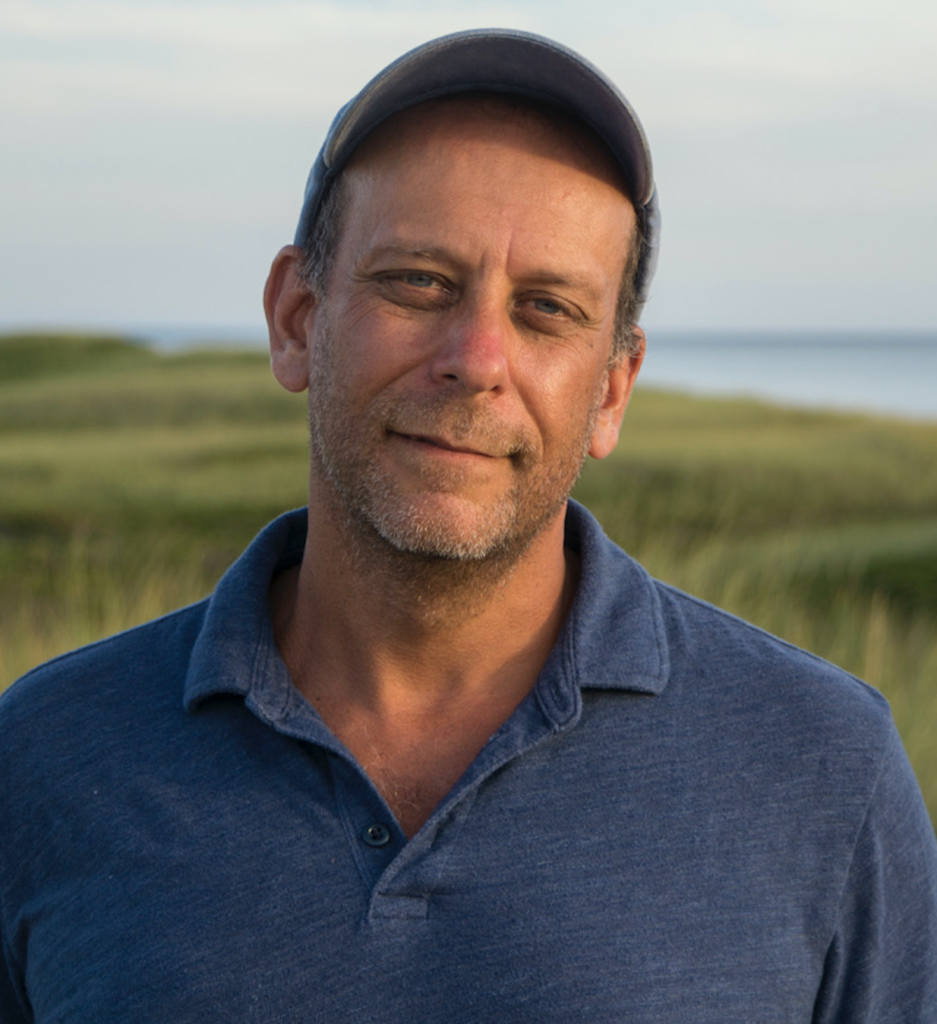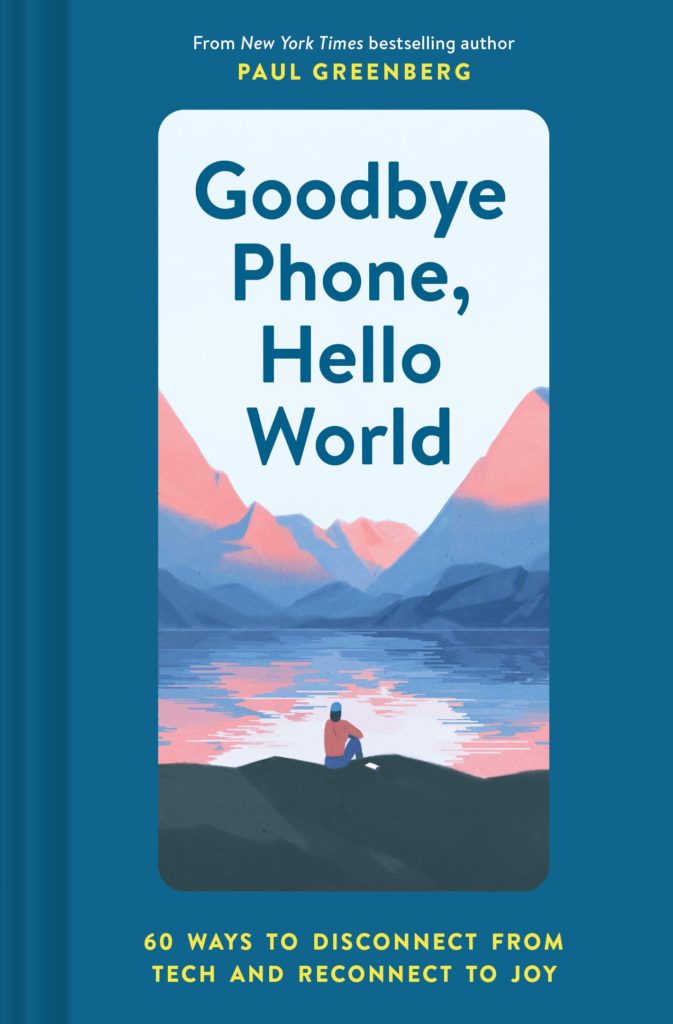Despite the booklets and on-line information sessions available to the public, many people still find themselves confused and in need of personal advice about Medicare benefits.
This event is designed to provide some answers. AARP will begin by giving a brief overview of Medicare – what it is, what it does and does not provide for retirees? This will be followed by a slide presentation from Maureen Harty of Paine Senior Services, who will talk about the latest changes in Medicare provisions and the current period of open enrollment, which enables users to make changes to their coverage.
Maureen Harty (MSW) has been a Social Worker and SHINE (Service Health Insurance Needs of Everyone) Counselor with Paine Senior Services since 2004. Harty received her MSW from BU School of Social Work in 2000. She has been a Medical Social Worker for the Cambridge Health Alliance and a Geriatric Psychiatry Social Worker at Mount Auburn Hospital prior to joining PSS. Paine Senior Services is committed to providing a wide range of quality, personalized services to Cambridge Elders and their families, regardless of financial means. In the spirit of compassion and justice, assistance is offered through counseling, preventive planning, advocacy, and collaboration with community resources. Contact 617-864-2580 or [email protected]
Mike Festa is state director of AARP Massachusetts, based in Boston, which serves 800,000 members age 50+ in the commonwealth. Since joining as State Director in 2013, Festa has been fighting to lower prescription drug costs, support family caregivers, and make it easier for workers to save for retirement.
Festa served Massachusetts Secretary of Elder Affairs from 2007 to 2009, highlighting the changing needs of the commonwealth’s aging population. His leadership resulted in the expansion of senior employment and civic engagement opportunities, as well as increased access to resources and services for abused elders. Festa, an attorney, was formerly the state representative for Melrose, MA. and parts of Wakefield, MA.
Support our mission to provide free an open discussions about the pertinent issues and ideas confronting us, in the world today. Express your appreciation for our work – just hit the button below.


